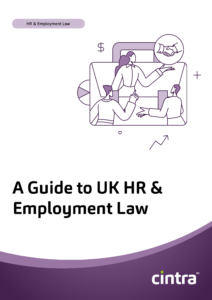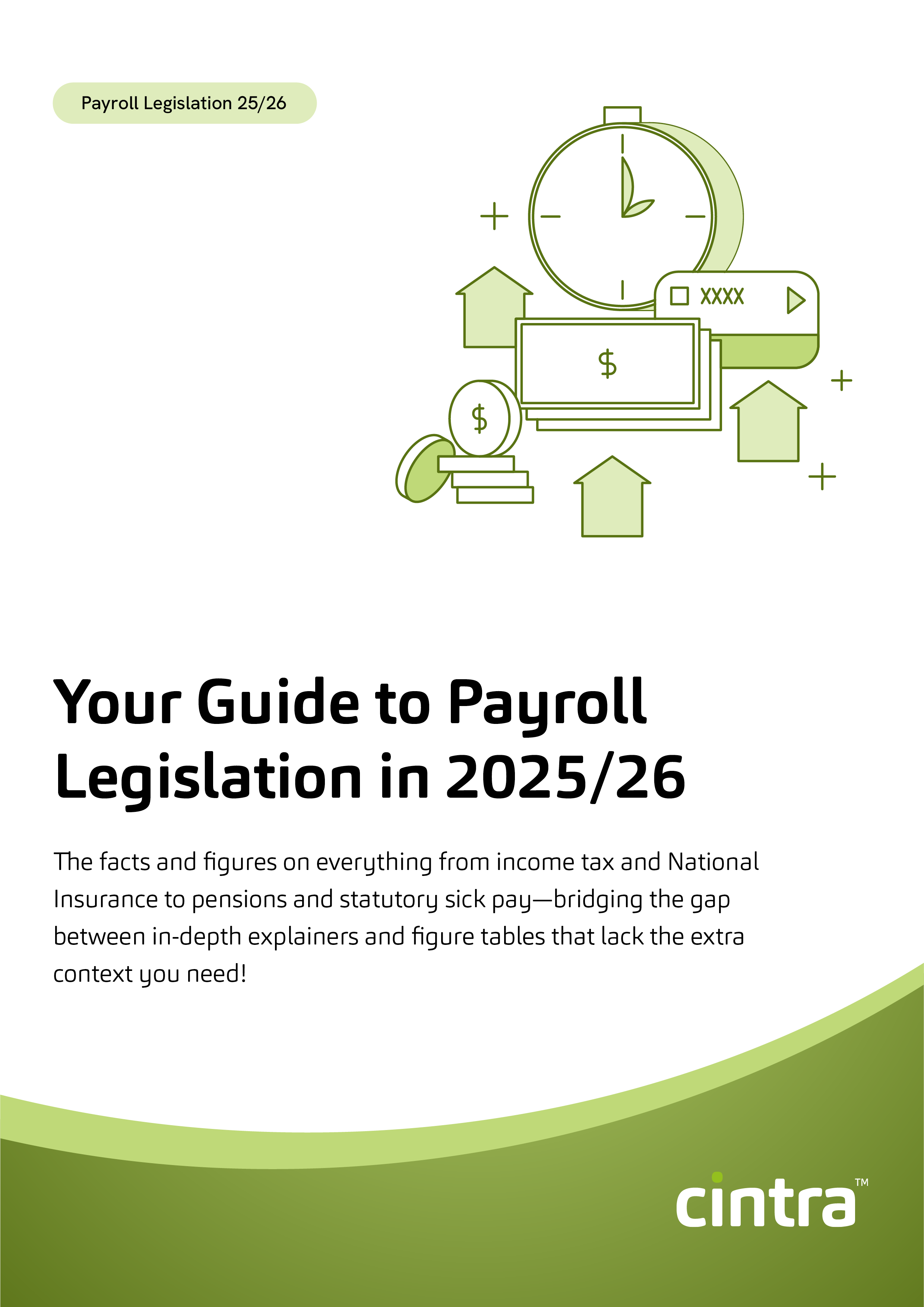On April 6th 2024, the Flexible Working Bill came into force in the UK.
Called the Employment Relations (Flexible Working) Bill 2023, it gained Royal Assent in July 2023 and is designed to open up better access to flexible working, including making it a day-one right.
“Many organisations are facing the dual challenges of skills shortages and talent retention issues and we know that offering flexible working can go a long way towards tackling these problems.” Said Chief Executive of the CIPD and Chair of the Government’s Flexible Working Taskforce, Peter Cheese.
Read on to understand your employees’ rights and your responsibilities.
What is the Flexible Working Bill?
To put it in simple terms, the Employment Relations (Flexible Working) Act 2023 means that employees can now ask for flexible working arrangements from their first day on the job (previously a 26-week qualifying period). The new bill also allows employees to make 2 requests per year (previously only one) and employers will need to provide a faster response to requests.
The need for employees to identify the impact of their request on the business has also been removed.
It’s anticipated that these arrangements will be further enhanced once the new Labour government enacts its employment rights manifesto.
What does the Flexible Working Bill class as “flexible working”?
Flexible working is a term given to the variation of either hours worked or place of work. Examples of this can be:
- Part-time: working fewer than the usual five days a week.
- Term-time: only working during school term times.
- Flexi-time: working a set number of hours but choosing when to start and finish.
- Compressed hours: working the same total hours but over fewer days.
- Working in a Hybrid way with some hours from home and some in the office.
What are the benefits of the Flexible Working Bill?
The Flexible Working Bill encourages a more open attitude towards flexible working. Some of the main benefits of the Flexible Working Bill include:
- Millions of employees can request flexible working from day one.
- Workers have more control over when, where, and how they work.
- A healthier work/life balance which may result in less absenteeism.
- Businesses benefit from higher engagement that often leads to higher levels of productivity and staff retention.
- About 1.5 million low-paid workers gain more flexibility by being able to work for multiple employers.
Does the Flexible Working Bill mean you have to accept every flexible working request?
No, the Flexible Working Bill doesn’t mean you have to accept every request.
It simply requires you to discuss the request with your employee and explain your decision before accepting or denying it.
Where you previously had 3 months to consider a flexible working request, you will now need to deal with it within 2 months of the request being made.
What you need to know about flexible working in 2024
- You must now speak to your employees before denying a flexible working request and explain why (previously, you could deny it outright).
- Employees can now make two flexible working requests in any 12-month period (previously, it was one).
- You must respond to any employee request within two months (previously it was three).
- Ensure that you communicate the reason why you are turning down a flexible working request and that you have a suitable appeals process for an employee to follow if they do not agree with the decision.
Get the latest HR updates, straight to your inbox
Get the latest HR insights and best practice guides, direct to your inbox.
How can you prepare for the Flexible Working Bill?
To prepare for the new Flexible Working Bill, follow these three steps:
1. Update your policies
Review and update your policies to align with the new law, especially regarding the length of service required.
2. Train your managers
Make sure your managers understand the changes to flexible working. This includes the need to consult with employees before denying a request and the shorter time frame to consider requests.
3. Know the reasons for refusal
Educate your managers on the allowed business reasons for refusing a request and make sure they can provide justifiable evidence aligned to one of the following reasons:
- Burden of additional costs.
- Detrimental effect on the business’ ability to meet customer demand.
- Detrimental impact on quality and performance.
- Unable to reorganise work among existing staff.
- Unable to recruit more staff.
- Insufficient work during the periods the employee wishes to work.
- Planned structural changes.
Let Cintra's HR outsourcing services lighten your workload
Our team of HR professionals stay up to date with evolving employment laws (like the Flexible Working Bill), regulations, and HR best practices. HR Outsourcing clients have access to a full suite of policies that are ready to use. This ensures that you are always fully compliant and honouring your employees’ rights. Book a personalised demo today to see Cintra in action.

HR & Employment Law Guide
Grab your accessible summary of guidance and insights about where HR practices meet employment law.
Download your buyers guide


